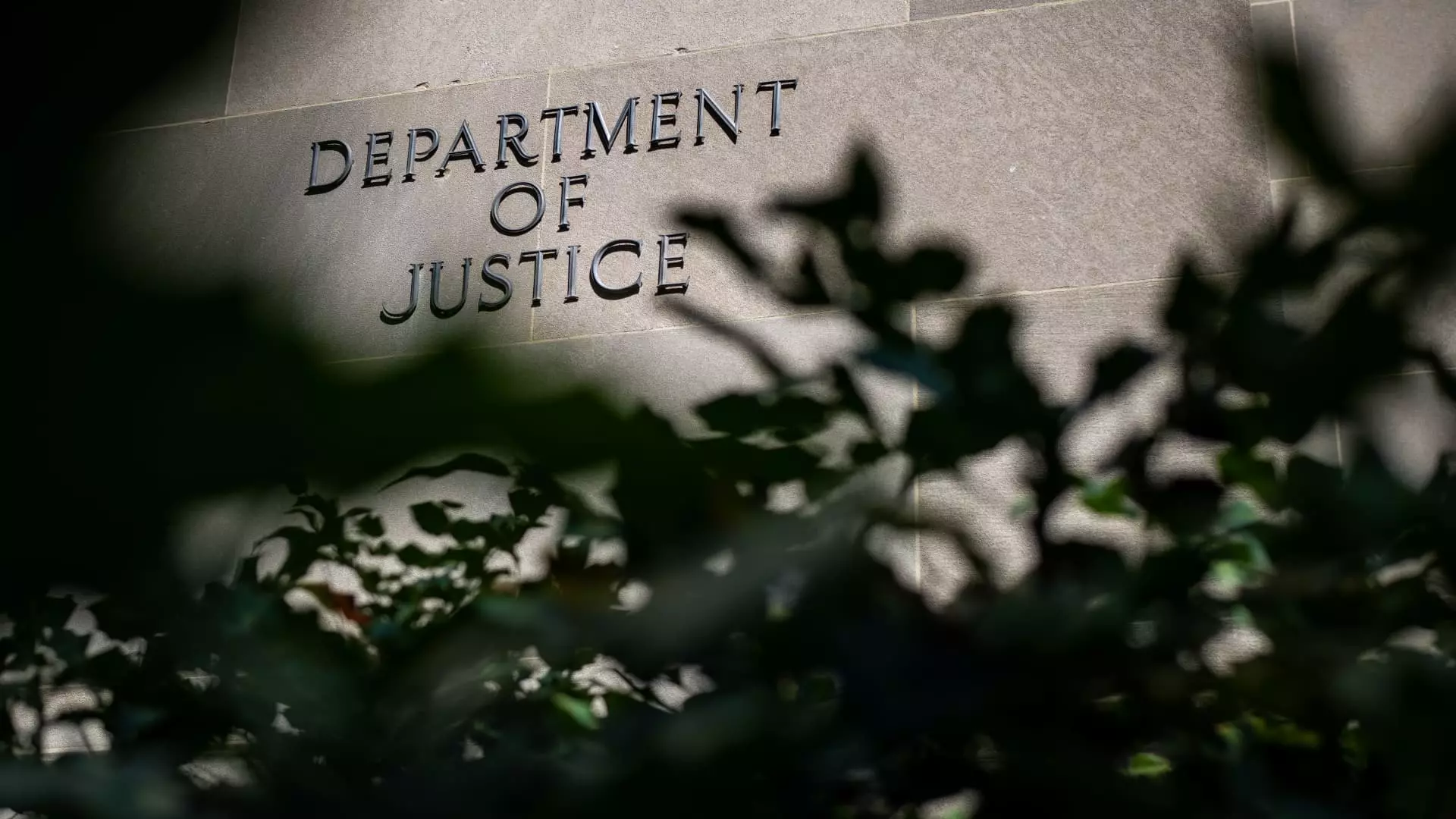The abrupt dismantling of the U.S. Justice Department’s National Cryptocurrency Enforcement Team marks a deeply concerning departure from proactive crime-fighting against the dark underbelly of the cryptocurrency world. Deputy Attorney General Todd Blanche’s memo outlines a new and decentralizing approach, which emphasizes prosecuting only those who commit egregious crimes using digital assets, such as terrorism and human trafficking. While the rationale behind focusing resources on these extreme cases seems understandable on the surface, it raises a host of critical questions about the broader implications of this strategic pivot. Is the U.S. government truly equipped to handle the complex and evolving world of cryptocurrency crime without specialized units dedicated to enforcement?
To simply shut down a unit that was established with a clear mandate to combat crypto-related crimes amounts to a severe underestimation of the burgeoning challenges posed by this unregulated financial landscape. The previous administration’s aggressive crypto policies were aimed at quelling illicit uses of digital currencies, acknowledging that unchecked anonymity and decentralized structures can facilitate financial crime. Now, the curtains have come down on this vital initiative in favor of a laissez-faire approach, underscoring an avalanche of regulatory rollback that has characterized the Trump administration.
The Illusion of Regulation and Accountability
The memo indicates that U.S. attorneys will now close investigations that do not conform to the new directives. This has troubling implications, as it effectively relegates enforcement actions against crypto exchanges and wallet services to a mere afterthought, rather than an essential component of corporate accountability. The DOJ’s previously aggressive stance on enforcing anti-money laundering laws has given way to a dismissive view of these entities, suggesting that they shouldn’t be held responsible for their users’ behaviors, even when those behaviors are blatantly illegal. This represents a radical form of deregulation that threatens to enable individuals and organizations to exploit the gaps in existing frameworks.
What happens when the line between licit and illicit use of cryptocurrencies becomes blurred? The dissolution of specialized units aimed at identifying and punishing wrongdoers leaves a vacuum that may embolden criminal actors to take risks they wouldn’t have dared before. The result is a disturbing lack of accountability and a potential surge in unlawful activities, putting investors, consumers, and broader society at risk.
Mining for Profit: The Troubling Financial Ties
The political motivations behind this deregulatory shift can hardly go unnoticed. President Trump’s administration has been vocal about its crypto-friendly agenda, heavily influenced by his personal financial interests in cryptocurrency ventures—the likes of which include a decentralized digital bank linked to his family. This raises ethical red flags as the administration’s financial motivations and political decisions seem inexorably intertwined. The fact that significant profits from Trump’s crypto projects are funneled back to him and his family casts a long shadow over the impartiality one would expect in regulatory matters.
The support for permissions rather than prohibitions may provide a temporary boost to market actors, but what of the long-term ramifications? The conduct of entities like Trump’s cryptocurrency businesses—often existing on the fringes of regulatory scrutiny—could serve as a model for unscrupulous organizations to maximize profits at the expense of investor trust and safety. As critics argue, allowing businesses to operate beyond the purview of meaningful regulation does not merely encourage innovation. It opens the floodgates for abuses that require reinstated oversight.
A Call for Responsible Governance
It’s important to recognize that a responsible approach must accommodate innovation while safeguarding against exploitation. The move to only prosecute clear violators risks failing to address the nuances of digital asset-enabled crimes. The Justice Department’s new framework lacks foresight; it ignores the complexity and rapid growth of the cryptocurrency sector, which serves as a fertile ground for evolving criminal activities. Without sound regulations, the threat of scams, frauds, and malicious acts grows exponentially.
In the wake of these changes, the question must be raised: who is left to protect investors and the public from the inevitable fallout of unparalleled deregulation? If the Justice Department turns a blind eye to the nuances of crypto crimes, it not only risks marginalizing those who genuinely need protection but places undue burdens on innocent investors who could face devastating consequences as the crypto landscape continues to transform.
An electorate must insist on more than mere economic expediency. Emphasizing a balance between innovation and accountability is immensely important in controlling the cryptocurrency economy, and it is a responsibility that the government cannot abdicate.

